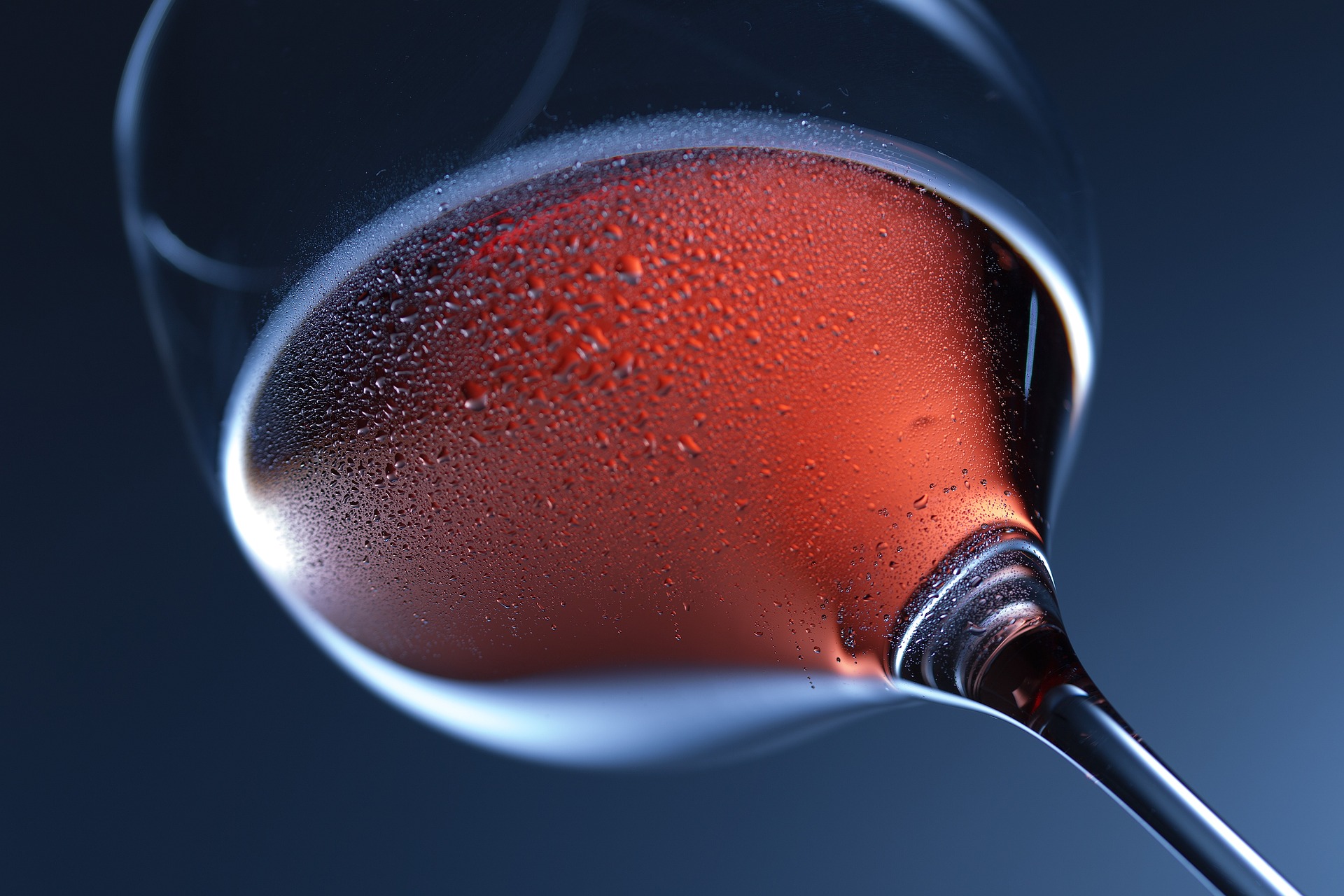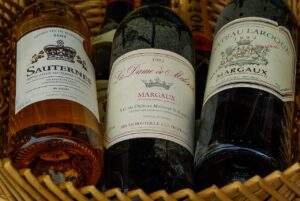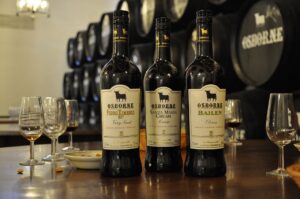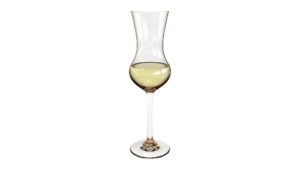For many people, wine is more than a drink. It is often associated with a particular setting. It can be sipped while having some alone time or as part of a hearty meal with family and friends. While the alcohol factor in the wine might help to loosen up, some people try to avoid it for several reasons. Hence, a non-alcoholic wine is on the rise and many wineries are developing modern methods to better shape their offerings.
How is the Non-Alcoholic Wine Made?
Wine is normally the product of crushed grape juice being fermented by yeast. The fermentation process is basically the consumption of sugars in the wine by this microscopic organism. The fermentation transforms sugar into alcohol. There are many other attributes involved as well.
For the case of a non-alcoholic wine, the alcohol needs to be removed. One of the most common procedures deployed is the reverse osmosis. This technique can target ethanol and water as they have a relatively smaller molecular volume than other compounds in the wine. Later, some minor modifications take place and voila!… the non-alcoholic wine emerges.
Consumers of the Non-Alcoholic Wine
Many consumers appreciate the taste of wine but do not consume it for a plethora of motivations. Some for cultural, social or religious reasons. Others for health, pregnancy or diet purposes. Also, wine has many health benefits components like antioxidants in the polyphenols. Moreover, some studies suggest that a non-alcoholic wine is a great way to enjoy a cancer-free drink. This is linked to the notion that alcoholic drinks have the potential of causing cancer on the long run. Moreover, some other studies claim benefits as far as protecting against strokes and dementia.
Countries and Producers of Non-Alcoholic Wine
Nowadays, the non-alcoholic wine is produced all over the globe. Many wine producing nations in Europe who are historically wine producers of the Old-World wine are providing this type. These are France, Italy, Spain and Portugal. Moreover, the United States also has many producers of non-alcoholic wines in addition to Australia. The latter two countries hold the title of the New-World wines along with New Zealand and other countries.
Hence, wine is a drink often associated with a particular meaning for its consumption. Even though historically it was appreciated for strictly the alcohol content it held where people used to dilute water with it. That was a practice during the Roman era, a time where water was not purified and needed an alcoholic element to sterilize it. Today, much of the aspects of alcohol is about partying and socializing and many people have the ability to enjoy their time without being intoxicated with alcohol. Hence, the consumption of alcohol free wines will be on the rise as per projections for the next decade.






